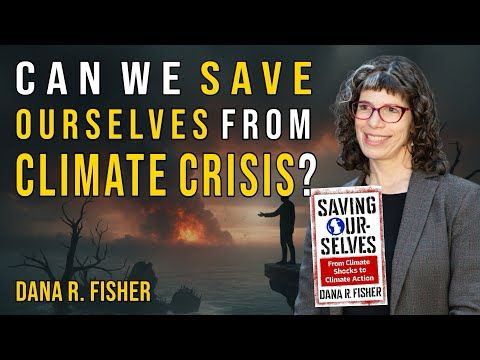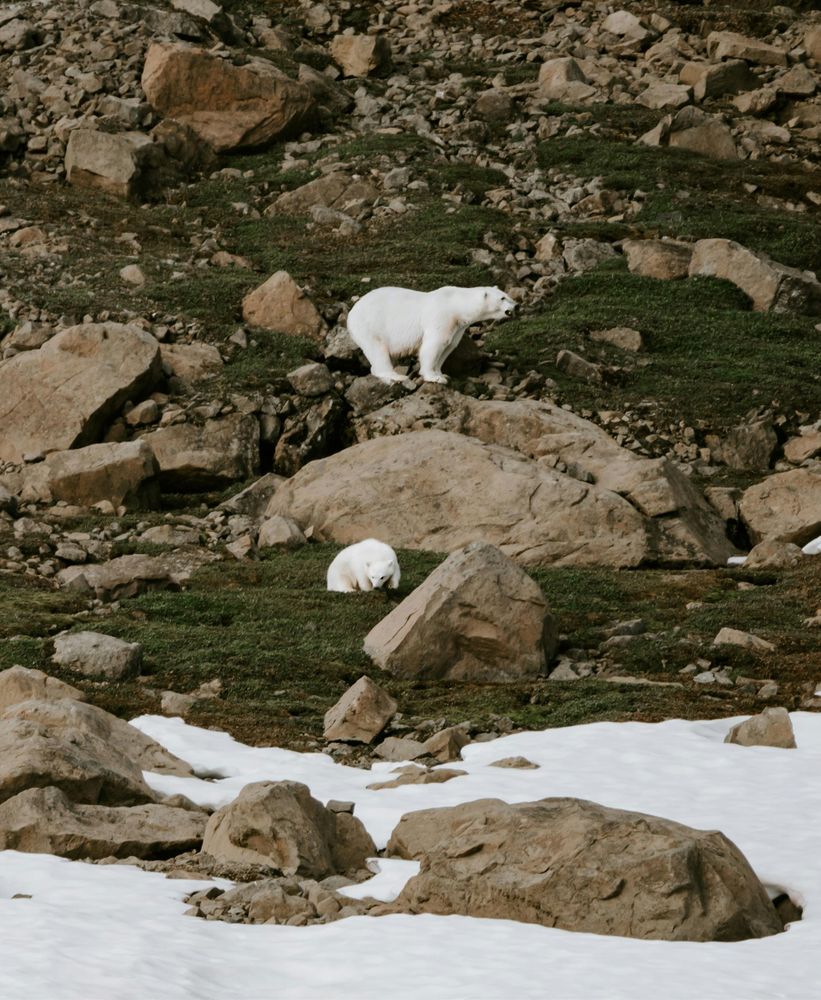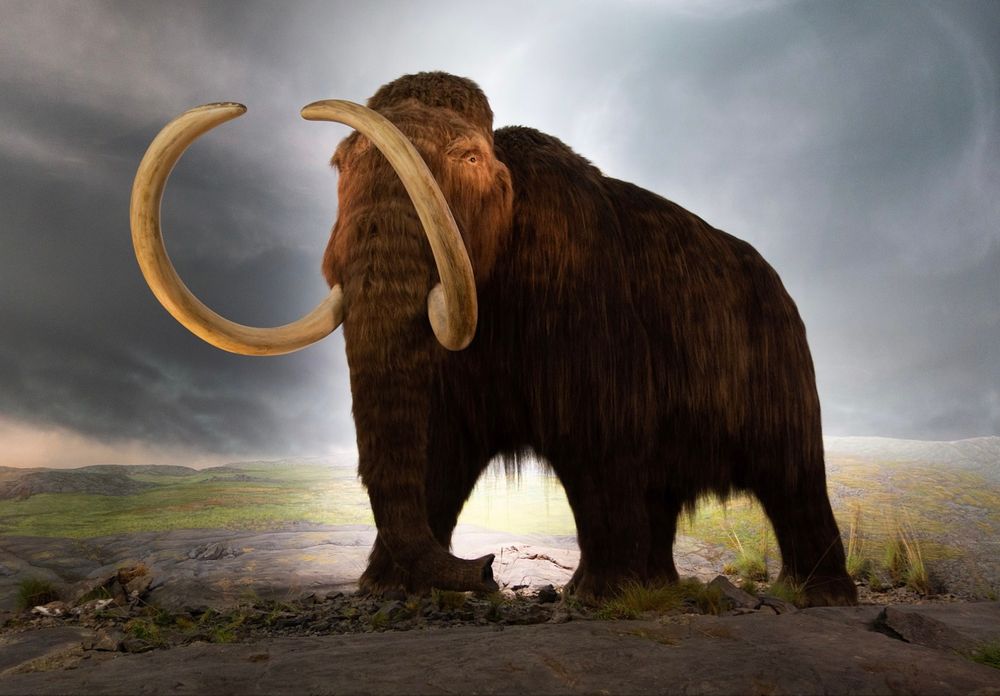
https://race2extinct.com

A thread on what you’ll find in my work and website 👇


youtu.be/FAD8DwOYZs0?...

youtu.be/FAD8DwOYZs0?...
Thanks for sticking with my posts while I was off-grid.
New ESA piece tomorrow. Catching up this week….and here’s a moment from the wilderness.

Thanks for sticking with my posts while I was off-grid.
New ESA piece tomorrow. Catching up this week….and here’s a moment from the wilderness.















A real win for growth. 🙄
apple.news/AYXz6QpC_Rq-...

A real win for growth. 🙄
apple.news/AYXz6QpC_Rq-...
open.substack.com/pub/lylel/p/...

open.substack.com/pub/lylel/p/...
Warming water, agriculture runoff, microplastics, and chemical toxins now flow through every tributary, every gill, every egg.
Climate change heats the surface. Pollution poisons the depths. Between them, the lakes are starving.
apple.news/AhaipZbCLT5G...

Warming water, agriculture runoff, microplastics, and chemical toxins now flow through every tributary, every gill, every egg.
Climate change heats the surface. Pollution poisons the depths. Between them, the lakes are starving.
apple.news/AhaipZbCLT5G...
We count what’s visible but most extinctions happen before we even know the species exist, plants especially.
#SixthMassExtinction
www.hawaiipublicradio.org/local-news/2...

We count what’s visible but most extinctions happen before we even know the species exist, plants especially.
#SixthMassExtinction
www.hawaiipublicradio.org/local-news/2...
@race2extinct.bsky.social

@race2extinct.bsky.social
The hunt didn’t end because grizzlies were overpopulated. It ended because they were struggling to stabilize after centuries of decline.🧵

The hunt didn’t end because grizzlies were overpopulated. It ended because they were struggling to stabilize after centuries of decline.🧵

